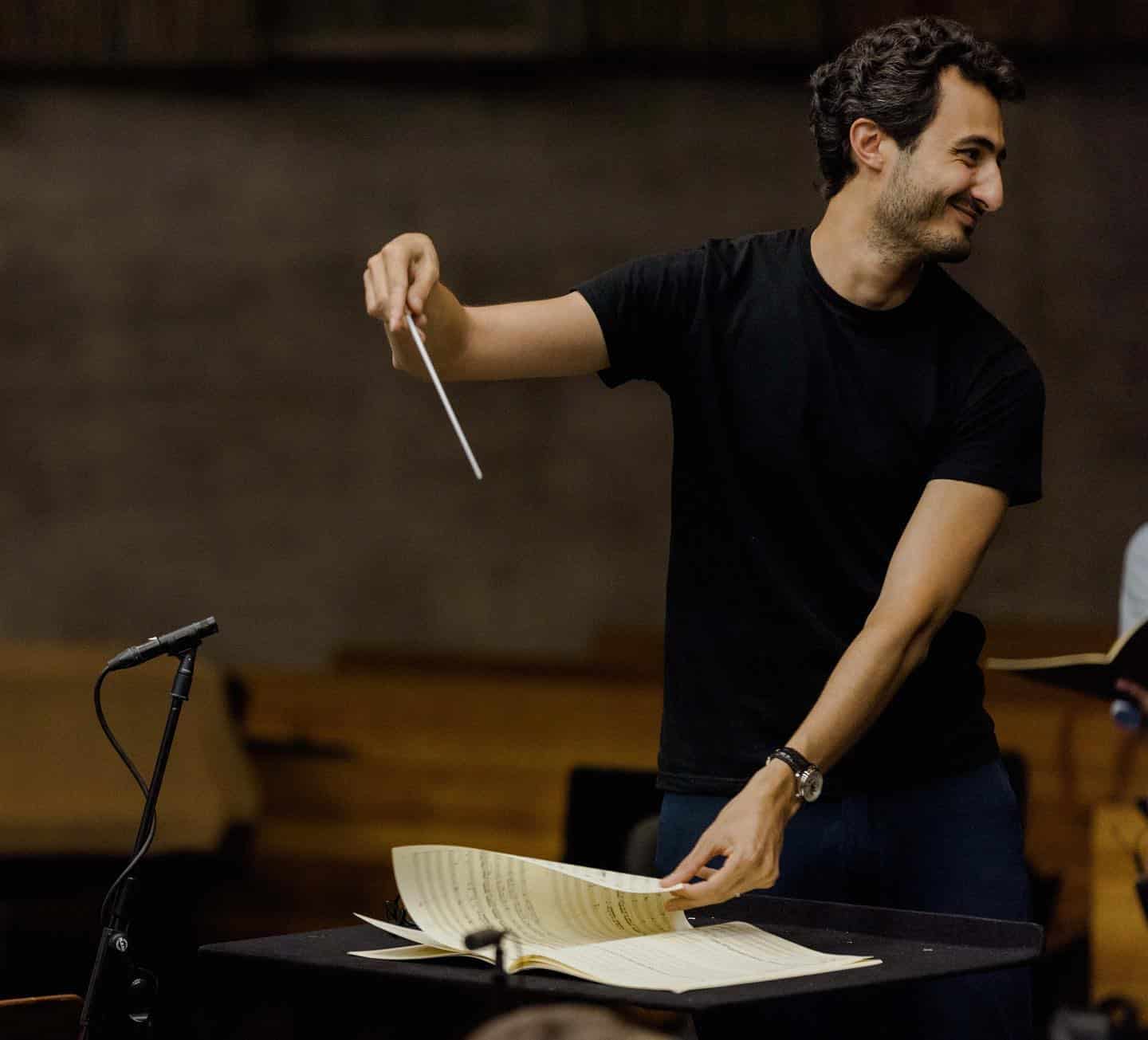Chicago loses its music critic
mainJohn von Rhein has signed off at the Tribune after 40 years:
On a personal note, I would like to announce my upcoming retirement as classical music critic of the Chicago Tribune. When I step down July 1, I will have held this position at the paper for nearly 41 years, a record for Chicago (and perhaps U.S.) musical journalism insofar as I have been able to determine. It’s been a great ride, but the time has come to move off into other ventures and give somebody else a shot at one of the best jobs in journalism.
Von Rhein, 72 will be succeeded by Howard Reich, author of a Van Cliburn biography, who has a strong background in music coverage of all kinds, and who will continue covering the jazz beat as well.
Sic transit.






About time.
There are few, if any, classical music critics today who are as knowledgeable and informed as John von Rhein, not to mention his superb and eloquent writing skills. Mr. von Rhein’s forty-one years of Chicago Tribune reviews and articles will be sorely missed, not only in Chicago, but all throughout the world of classical music. Olassus, you know not what you say.
All I said was, “about time,” and apparently he agrees with me.
But if you want to know what I really think … . There should be term limits for critics on a given beat, as for Congress. JvR has understood the orchestra better than the human voice. His writing has been fluent, but a bore, and he has cozied up to his subjects, in contrast to Robert C Marsh. Nobody is going to miss a thing he ever wrote.
Not true, I will!
Thank you for remembering Robert C. Marsh, a critic of rare insight and with the even rarer ability to express it well.
Thinking of Marsh vis-à-vis von Rhein brings to mind Hamlet’s dyspeptic comparison of Hyperion to a satyr. The parallel is, I grant, somewhat unfair, but in light of the callousness of von Rhein’s obituary of Marsh, it is by no means completely inappropriate.
I don’t want to comment on JvR’s work, but I agree that 41 years is a long time for one perspective to reign in a city. And though there might be some advantages, it really is a problem that music journalists more often than not form symbiotic relationships with the major institutions they cover. Put in simpler terms, they become something like cheerleaders who support these institutions out of what they see as a kind of civic duty. And the institutions essentially demand that. A more critical view is lost, and a kind of stifling homegenity evolves that flattens the cultural life of the city.
Tommassini, Swed, Dobrin, and Stearns are all notable examples, though I’m sure they would all howl their objections and provide a few specious examples of dissent. Business as usual. Ross and Midgette are especially notable for obedience to the postmodern/neoliberal paradigm so loved by the financial elite — an ethos so little critiqued in the USA that most will not even know what I’m talking about.
Kosman can be a little more lively — perhaps something that the Bay Area allows him. For reasons perhaps no one will ever know, Rosenberg crossed the lines to the point of professional suicide. His agenda toward Welser-Möst was most unwelcome, especially in a city that has been desperately trying to hold onto historical glories even as it succumbs in most respects to being a decimated, white-flight, rustbelt backwater like most other cities in that part of the country. 66% of the people in Cleveland, for example, are functionally illiterate according to the organization Seeds of Literacy. A great context for “the best orchestra in the world.” Never mind, poach the donor base in Miami, and have no worries that the corporate media will raise any questions about what that implies.
These screaming ironies and their myriad implications remain off topic for our well-trained music journalists.
Conditions like these have long demanded a new kind of cultural journalism that is far less blinkered. As print journalism continues to die, the more insightful, socially relevant, irreverent, independent, penetrating, and varied media of the online world will continue to take its place — as we see even here on SD. There will be shortcomings, but overall we’ll be the better for this new media — assuming the net’s neutrality isn’t corralled and destroyed in a way similar to the print media.
Good food for thought, this.
Couldn’t have said it better myself if I tried. Thank you for spelling it out.
Thank you for your eloquent and insightful comments, Mr. Osbourne. I generally concur. Boston has certainly seen what you described.
In the case of Boston, the more rigorous and reliable reviews are to be found on the Boston Musical Intelligencer website, http://www.classical-scene.com, aided by robust commentary from a generally musically-literate public that shares opinions and has spirited but generally tasteful discussions. I don’t always find myself agreeing with reviewers and commenters, but at least I’m confident that the reviews and comments are based on actual experience and not usually being filtered through a public relations initiative.
Genuine question, but is musical criticism better in cities with multiple orchestras.
What a delight to read this after fearing for almost fifty years that no one else noticed this phenomenon of the music critic (or drama or architecture or any other critic) as cheerleader for the Establishment! My only real difference with Mr. Osborne is that I hold out no hope whatsoever for the brave new world online. Ignorance compounded with snark might have more entertainment value than cheerleading, but it equally fails to develop and nourish the faculties of mind and spirit essential to the comprehension of beauty.
Howard will be a spectacular successor. Congratulations to both.
“…the time has come to move off into other ventures and give somebody else a shot…”
Is the paper actually going to hire a replacement?
The replacement, Howard Reich, is already on the Tribune’s staff.
All I know is when he likes something I absolutely loath it and vice versa.
A wonderful and supportive music reviewer who is the last of a dying breed – the full time classical music beat reporter.
The new critic, Howard Reich, currently covers jazz and is an excellent writer and supporter of our thriving jazz scene here in the Chicago.
But to have Reich cover multiple genres and give them their due is too much. It is unfortunate that the TRB is not replacing von Rhein with another full time Classical music beat reporter.
I wish we’d lose our music critic in San Francisco (note: I don’t mean him any harm).
One would think that a music critic would (occasionally) offer criticism of resident companies. I have read him for many years; John von Rhein never (to my recollection) had anything negative to say about CSO and Riccardo Muti. He was more a cheerleader than a critic.
Jasper
Yesssss. That is precisely how I felt about his “criticism”. I read it when I lived in Chicago, but it was predictable to the point of being depressing. Never any criticism, never an original idea. Sure, knowledgeable about music, but definitely a cheerleader and not a nuanced critic like Tommasini at the NYT.